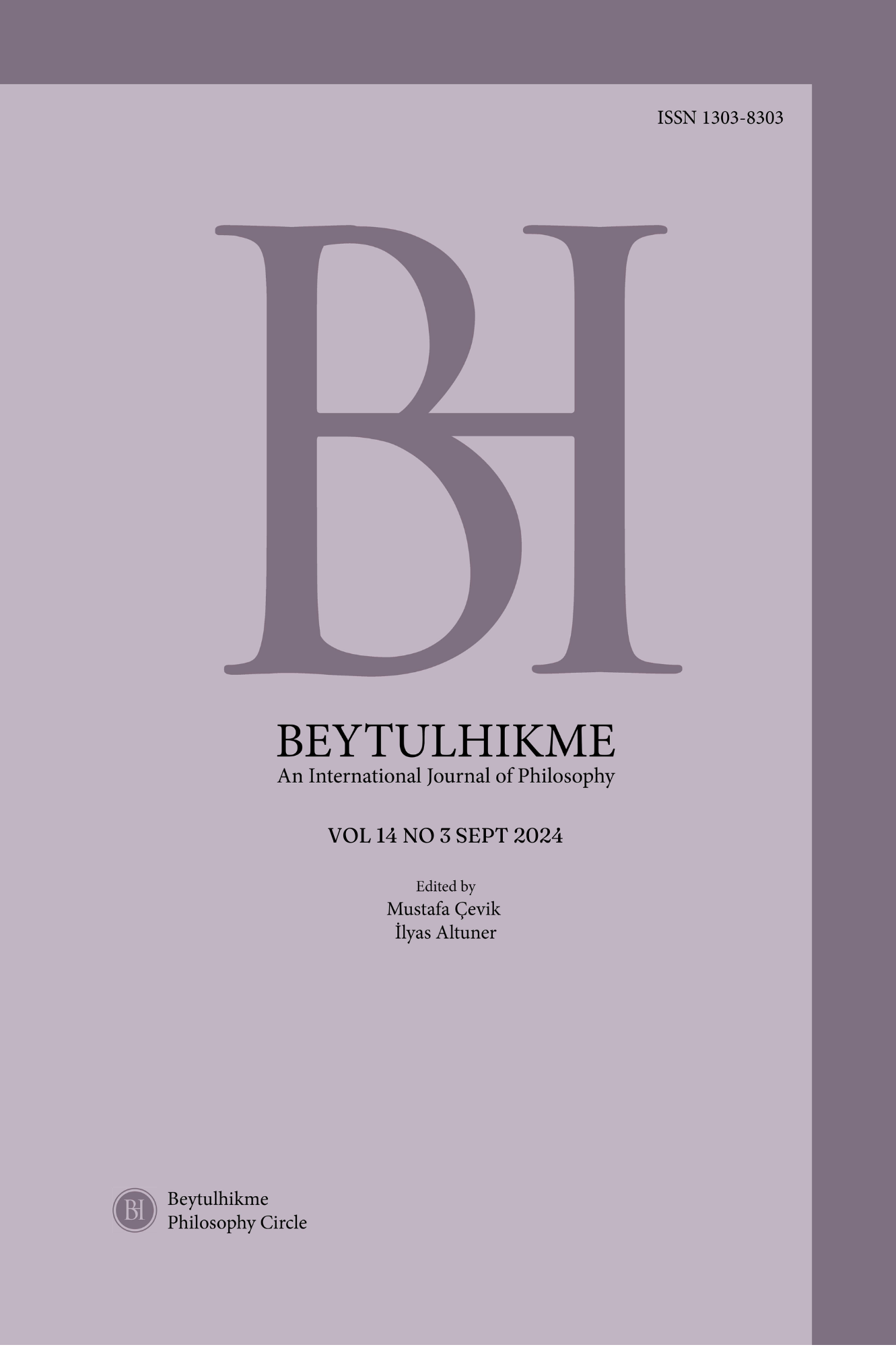Feyerabend’in Bilimsel Plüralizminden Kymlicka’nın Siyasi Çokkültürlüğüne: Toplumsal Birlik Sorunsalı
Author :
Abstract
Modern dönemde gelişen bilimcilik anlayışı, bilimsel söylemleri toplumda tek geçerli bilgi türü olarak kabul etmiş ve alternatif görüşleri dışlamıştır. Bu da totaliter sistemlere ilham kaynağı olmuştur. Paul Feyerabend, bu duruma karşı çıkarak “bilimin tiranlığı”na meydan okumuş ve özgür, demokratik bir toplum idealinin gerçekleşmesi için bilimsel alanda plüralist bir yaklaşım önermiştir. “Epistemolojik Anarşizm” ve “Bilimsel Plüralizm” teorilerini geliştirerek bilginin tek bir yöntemle sınırlanamayacağını savunmuş, bu görüşlerin uzantısı olarak “Demokratik Görelilik” anlayışını öne sürmüştür. Feyerabend’in çoğulcu düşünceleri, toplumsal alanın yanı sıra siyaset felsefesinde de yankı uyandırmış, Will Kymlicka’nın “Azınlık Haklarının Liberal Teorisi”nde karşılık bulmuştur. Kymlicka, bireysel, grup ve ulusal hakların korunması gerektiğini öne sürerekkültürel ve etnik çeşitliliği tanıyan ve destekleyen bir toplum yapısını savunmuştur. Bu makale, Feyerabend’in bilimsel plüralizmi ile Kymlicka’nın siyasi çokkültürlülük anlayışını karşılaştırarak, modern toplumlarda çeşitlilik ve birlik arasındaki gerilim için sundukları çözüm önerilerini değerlendirmeyi amaçlamaktadır. Bu amaçla makalede, her iki filozofun eşitliğe dayalı çokkültürlü toplum tahayyüllerinde farklılıkları nasıl bir arada tutmayı hedefledikleri, olası çatışmaları nasıl çözümlemeyi planladıkları, toplumsal birliğin nasıl sağlanabileceği gibi temel sorulara yanıt aranacaktır.
Keywords
Abstract
The understanding of scientism, developed in the modern period accepted scientific discourses as the only valid form of knowledge in society and excluded alternative views. This inspired totalitarian systems. Paul Feyerabend challenged the “tyranny of science” and proposed a pluralist approach to science in order to realize the ideal of a free and democratic society. Developing the theories of “Epistemological Anarchism” and “Scientific Pluralism,” he argued that knowledge could not be limited to a single method and put forward the concept of “Democratic Relativism” as an extension of these views. Feyerabend’s pluralist ideas resonated not only in the scientific sphere but also in political philosophy and were reflected in Will Kymlicka’s A Liberal Theory of Minority Rights. Kymlicka argued for a society that recognizes and supports cultural and ethnic diversity, arguing that individual, group and national rights must be protected. This article, Feyerabend’s scientific pluralism with Kymlicka’s political multiculturalism and evaluates their solutions to the tension between diversity and unity in modern societies. For this purpose, the article seeks answers to vital questions such as how both philosophers aim to keep differences together in their imagination of a multicultural society based on equality, how they plan to resolve possible conflicts, and how social unity can be achieved.





